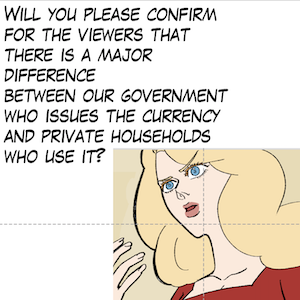One of the issues that some on the Left raise when the topic ‘degrowth’ enters the conversation relates to the sense of elitism from the wealthy nations, which can now indulge in a bit of non-material aspiration amidst the large houses, two-or-three car garages, speed boats, lycra-clad journeys to coffee shops on $10,000 bicycles designed for racing but ridden around the corner … you get the message. The criticism is that such a bourgeois ‘movement’ has no correspondence with the needs and aspirations of citizens living in poorer nations with fundamental development challenges, not the least being food security and poverty. They thus reject the idea as another ‘woke’ issue. There is some truth in what they say but it is an inadequate stance given that the global economy is operating 1.7 times over regenerative capacity and urgent changes are required. That means we have to deal with the notion of dependency between ‘North’ and ‘South’, which takes us back to the colonial relations and beyond, as an integral part of the degrowth agenda. This is where the concept of ‘delinking’ comes in. Here are some preliminary notes on all that, which arise from research I am doing for my next book on these issues (probably coming out first quarter 2025).
